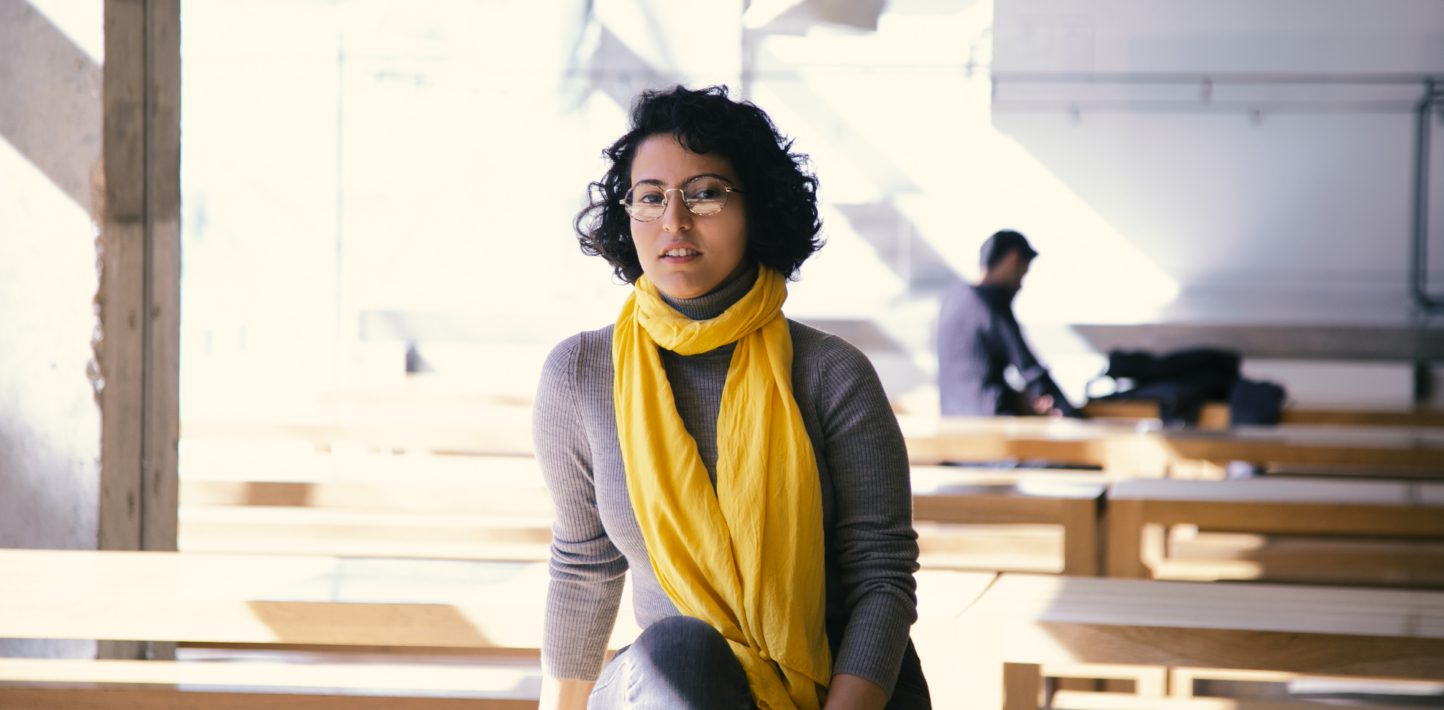Responding to the news that Mona Kareem, an academic from Kuwait’s stateless Bidun community who has criticized the government’s treatment of the Bidun, was denied entry to Kuwait on the night of 3-4 January when she tried to visit her family there, Amna Guellali, Amnesty International’s Deputy Regional Director for the Middle East and North Africa, said:
“Kuwait has callously denied entry to a woman who was born and raised in the country and simply wished to visit her family, who cannot visit her abroad because of their own statelessness.
This is a mean, appalling, and pointless act of cruelty that serves no purpose other than to send Kuwait’s Bidun community the message that they are not welcome in their own country.
Amna Guellali, Amnesty International
“This is a mean, appalling, and pointless act of cruelty that serves no purpose other than to send Kuwait’s Bidun community the message that they are not welcome in their own country. The Kuwaiti authorities must urgently allow Mona to safely visit her family at home, and end their oppression of the Bidun people. Amnesty International, yet again, calls for the Bidun people to be given full citizenship.”
Background
Kuwait’s Bidun people, many of whom are descendants of nomads native to the area, are held in a condition of statelessness by the government and repressed when they speak up.
Mona left Kuwait to study in the US in her early twenties and has since been given US citzenship and is now doing post-doctoral studies at Tufts University in Massachusetts. As an academic author, she has criticized Kuwait’s Bidun policy.
Her determination to get an education has come at a high price. She said on Twitter: “The thought that I’ll be separated from my family for the rest of my life terrifies me.”
The Kuwaiti authorities interrogated Mona at the airport over her political views, clearly signalling the real reason she was barred from entering the country.


